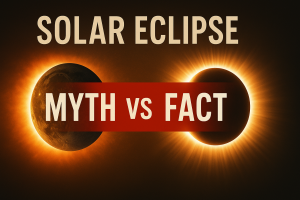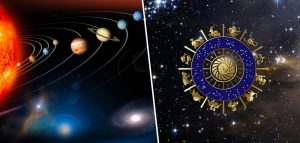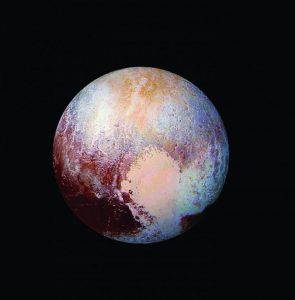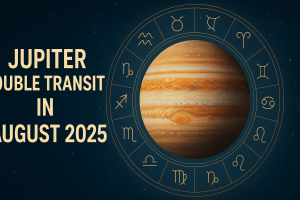Define Cosmology: What Do We Study?
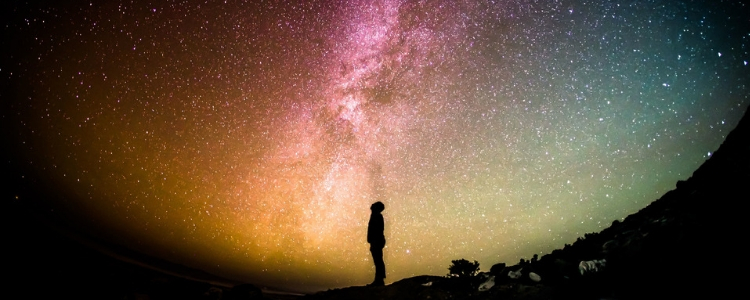
Cosmology has been defined as the study of the universe — its structure, development, and nature. The topics cosmology covers are very deep, both literally and theoretically. Perhaps one of the most fundamental questions it answers is what exists and how it came into existence.
How did the universe start from nothing? How did stars form? How did the planets develop into their current positions in the solar system? One might even ask, where did the animals come from and how did they get their legs and so on? The answers to these questions will shed light on the nature of cosmology and perhaps even hold clues to who we are and where we came from.
In order to understand how cosmology studies the universe, it’s important to be able to define the word itself first. Simply put, a cosmology study is “the study of the universe and all the parts in it”. For the purposes of this article, we’ll leave out the physical aspect of it all and define it strictly in terms of cosmology.
One way to define it is through an easy question. How can you define gravity? It isn’t a constant because it is random in nature, thus the question “is gravity a constant?” is impossible to answer because it’s not a measurable thing in our present time.
In order to study the properties of space and time, cosmologists look at the properties of space and time through the universe. These include such concepts as dark matter, accelerating objects, time, vacuum, and the big bang theory. In the recent past, cosmologists have made some major advances on these questions. With technology like the Large Hadron Collider and the invention of the first computer, cosmology has gotten a lot more detailed.
Now that we have established what a cosmology study is, let’s define it from a different angle. A cosmology study may ask, “Why does the universe look the way it does?” This question goes beyond the question “is gravity a constant?” This question goes deep into why the universe exists in the first place.
The answers to this question are currently being studied by cosmologists all over the world. They compile their findings in the hopes of finding a deeper explanation for how the universe works. Some of these answers have been found already, while others are still waiting to be discovered. Many of these studies have been successful, meaning that cosmologists have a better understanding of physical laws, which can help them understand other phenomena.
One example of a successful study is a study that took a long time to conclude, which is the Grand Unified Theories of Particle Physics. This study was completed by teams from MIT, Cal Tech, and Johns Hopkins University. The ultimate goal of these teams was to define the contents of virtual particles using their laws of physics, which is a step closer than what is done today with particle physics.
A second successful study is that of the Cosmic microwave background radiation. This study gave scientists insight into the very early formation of the universe, which is one of the leading theories on how cosmology began. They were able to test this hypothesis using data from the Cosmic microwave Background Radiation.
The study of cosmology today has many branches. Two more of them are the Standard Model, which is a theory that cosmology is a consistent and self-contained framework; and the High Energy Laser Experiment (HEEL), which is a project of the European Space Agency. Other branches include general cosmology, dark matter cosmology, general cosmology, astronomy and particle physics.
There are many areas where cosmology is still very much in research. The next phase for it is testing inflation, which is an idea developed in the 1970s. Other areas include studying the big bang theory, the universe’s earliest times, cosmology in general and the Grand Unified Theory of Everything. The future of cosmology may look bright because many new technological advances have been made.
Cosmology is not static. It continues to change as new ideas and discoveries are made. If you want to learn more about cosmology, the best place to do that is online. There you can search for articles that define cosmology for you in the language of your choice.
